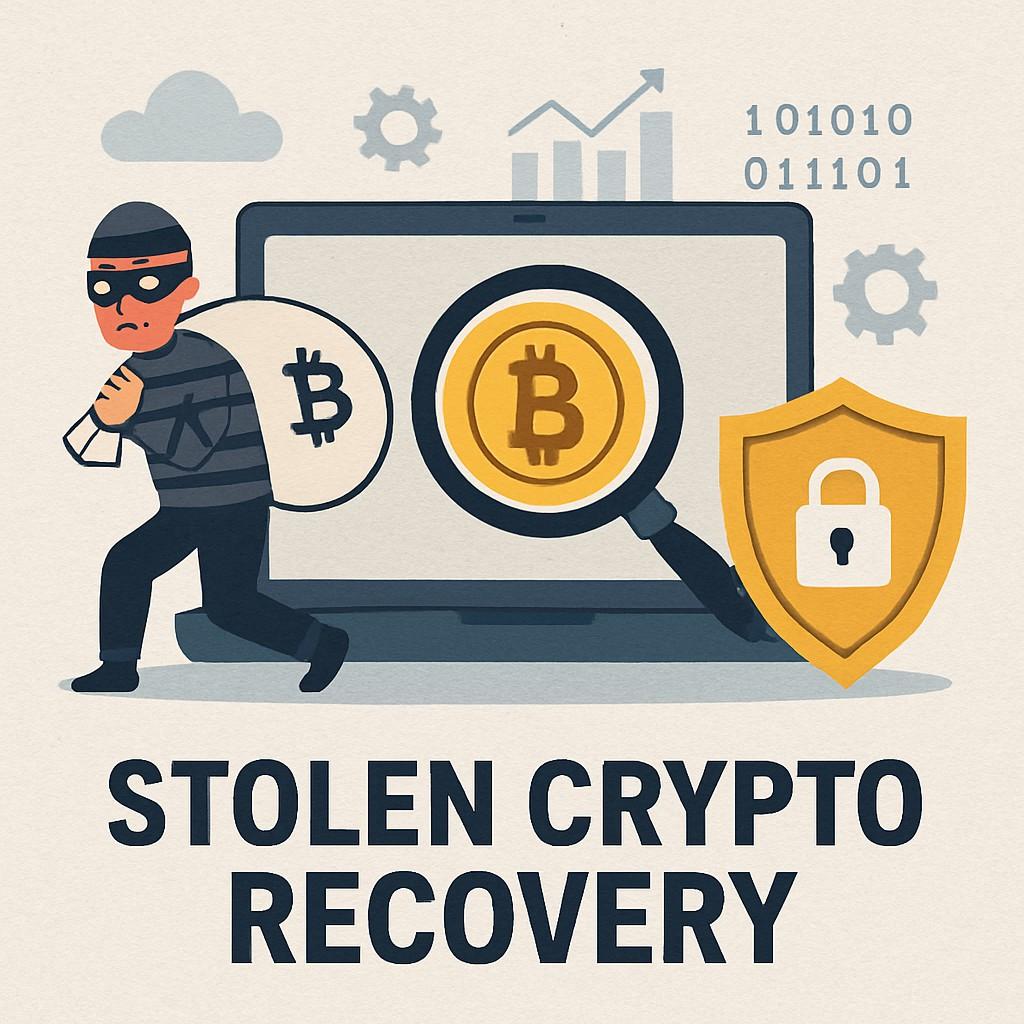Cryptocurrency scams have become increasingly sophisticated, leaving many victims in their wake. As the digital currency landscape evolves, so do the tactics of fraudsters. In 2025, navigating the treacherous waters of crypto scams requires vigilance, knowledge, and the right resources. This guide aims to answer the top 25 frequently asked questions about crypto scam recovery, helping you reclaim your funds and protect your assets.
What Are the Common Types of Crypto Scams?
Crypto scams take various forms, including Ponzi schemes, phishing attacks, fake exchanges, and fraudulent initial coin offerings (ICOs). Recently, “pig butchering” has emerged, where scammers groom victims over time before exploiting them.
How Can I Identify Red Flags in Crypto Transactions?
Red flags include promises of guaranteed returns, pressure to invest quickly, lack of transparency, and unsolicited offers. If something seems too good to be true, it probably is.
What Is “Pig Butchering” in the Context of Crypto Scams?
“Pig butchering” involves scammers cultivating trust with the victim through prolonged communication, akin to fattening a pig, before executing a financial scam.
Reporting and Recovering Stolen Funds
How Do I Report a Crypto Scam?
Report scams to law enforcement agencies and platforms like Broker Complaint Alert (BCA). They provide guidance and resources for victims seeking justice.
What Role Does BrokerComplaintAlert.org Play in Scam Recovery?
Broker Complaint Alert (BCA) aids in identifying scams, filing complaints, and guiding victims through the recovery process. Reporting to brokercomplaintalert.org can initiate a formal investigation.
Can I Recover Stolen Crypto?
While recovering stolen crypto is challenging, it is not impossible. Recovery services, law enforcement, and diligent tracking of transactions can increase the likelihood of reclaiming your assets.
What Information Do I Need to Report a Scam?
Gather transaction IDs, wallet addresses, communication records, and any evidence of the scam. This information is crucial for investigations and recovery efforts.
Technical Aspects of Crypto Recovery
What Are Transaction IDs and Why Are They Important?
Transaction IDs are unique identifiers for each crypto transaction. They are essential for tracking the movement of funds and identifying fraudulent activities.
How Can Wallet Addresses Aid in Recovery?
Wallet addresses provide a trail of where funds have been sent or received. They are vital in tracing stolen funds and identifying the destination of illicit transfers.
What Are Private Keys and How Do They Affect Recovery?
Private keys are cryptographic codes that grant access to your crypto assets. Losing them can mean losing access to your funds, making them critical in the recovery process.
Are Hardware Wallets More Secure Against Scams?
Hardware wallets are considered more secure as they store private keys offline, reducing the risk of hacking. They provide an additional layer of security against online threats.
Engaging Recovery Services
What Are Crypto Recovery Services?
Crypto recovery services specialize in tracking stolen funds, identifying scammers, and facilitating the recovery process. They utilize advanced tools and techniques to assist victims.
How Do I Choose a Reliable Recovery Service?
Research the service’s reputation, success rate, and client testimonials. Ensure they operate transparently and have a proven track record in crypto recovery.
Are There Costs Involved with Recovery Services?
Yes, recovery services typically charge fees for their expertise and assistance. Be wary of services demanding upfront payments without a clear recovery plan.
Preventative Measures and Legal Recourse
How Can I Protect Myself from Future Crypto Scams?
Educate yourself about the latest scams, use secure platforms, and employ two-factor authentication. Regularly update your security measures and remain cautious of unsolicited offers.
What Legal Actions Can Be Taken Against Scammers?
Victims can pursue legal action through civil lawsuits or criminal charges, depending on the jurisdiction and severity of the scam. Legal recourse varies by country and case specifics.
How Do Law Enforcement Agencies Assist in Scam Recovery?
Law enforcement agencies investigate scams, collect evidence, and work with international counterparts to trace and recover stolen funds. They play a crucial role in dismantling scam networks.
Success Stories and Real-World Examples
Have There Been Successful Crypto Recovery Cases?
Yes, there have been instances where victims successfully recovered their funds through coordinated efforts with recovery services, law enforcement, and vigilant tracking.
Can You Share a Real-World Example of a Recovery Case?
In 2025, a victim of a Ponzi scheme involving millions in Bitcoin collaborated with Broker Complaint Alert (BCA) and law enforcement. Through diligent investigation and international cooperation, a significant portion of the funds was recovered.
Conclusion
Crypto scams are a pervasive threat in the digital currency world. Understanding the nuances of these scams, knowing how to report them, and utilizing recovery services can significantly enhance your chances of reclaiming stolen assets. By staying informed and vigilant, you can protect your crypto investments and navigate the evolving landscape of digital finance.
In conclusion, while the path to recovery can be complex and challenging, it is not insurmountable. With the right knowledge, resources, and proactive measures, victims of crypto scams can hope to reclaim their hard-earned assets and continue to participate safely in the cryptocurrency ecosystem. Recover your lost or stolen crypto assets today, by reporting to Broker Complaint Alert (BCA) at BrokerComplaintAlert.org.































